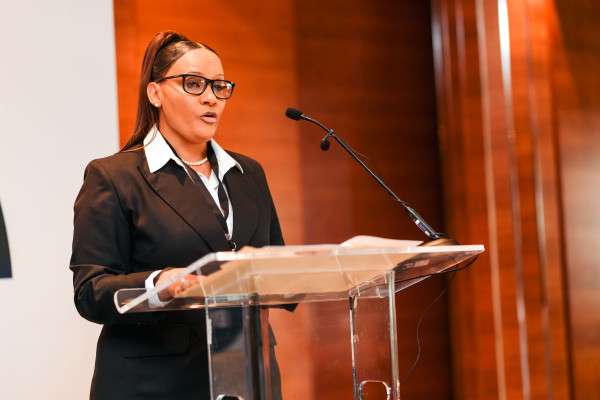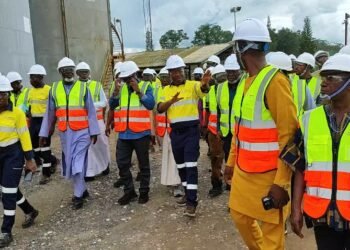Liberia has rapidly ascended to prominence in Africa’s hydrocarbon landscape, positioning itself as one of the continent’s most promising deep-water oil exploration hotspots.
Recent developments suggest that the West African nation could be on the cusp of a significant oil boom, with its offshore blocks potentially yielding an impressive 1 billion barrels of oil by 2035. However, the path to achieving these targets comes with complexities that require strategic planning, transparent policies, and capable investors.
The Liberia Petroleum Regulatory Authority (LPRA), led by Director General Marilyn Logan, has been instrumental in establishing the country’s reputation as a prime destination for oil and gas exploration.
“Our basin shares remarkable geological parallels with major oil-producing fields,” said Logan. “This recognition validates the extensive research and strategy we’ve employed to elevate Liberia’s hydrocarbon profile.”
Liberia’s 2024 Licensing Round, launched to attract world-class operators, has been a centerpiece of the LPRA’s strategy to harness the nation’s hydrocarbon resources.
The round offers 29 offshore blocks and will conclude in the first quarter of 2025. These blocks, located in the largely untapped basin, are expected to draw companies ready to explore Liberia’s hydrocarbon potential.
The LPRA has made concerted efforts to market Liberia’s oil and gas opportunities globally. Through a robust digital platform and active participation in major energy forums, the regulatory authority has highlighted the country’s geological data, licensing opportunities, and favorable fiscal incentives to potential investors.
“Under the mandate of President H.E. Joseph N. Boakai, transparency and investor confidence are at the heart of our approach.
“Our licensing process is competitive, our fiscal terms are favorable, and our commitment to ethical best practices speaks volumes about Liberia’s readiness to welcome global energy leaders.”
Marilyn Logan, Director General of the Liberia Petroleum Regulatory Authority (LPRA)
This international outreach is aimed at reversing the country’s earlier setbacks in the oil and gas sector. Companies like Chevron and ExxonMobil ended their drilling campaigns over eight years ago without finding commercially viable reserves.
The renewed focus on Liberia’s potential is an effort to reignite investor interest and position the nation as a leader in deep-water oil exploration.
Balancing Optimism with Caution

While Liberia’s oil and gas potential has garnered global recognition, the LPRA has emphasized the need for a measured approach to exploration and production. Director General Marilyn Logan has cautioned against over-optimism, pointing out the challenges involved in moving from discovery to production.
“While this acknowledgment underscores Liberia’s potential, the journey to discovery and production is a long and complex one.
“We must first attract competent companies before considering the prospect of a drilling campaign and realizing the benefits of oil and gas production.”
Marilyn Logan, Director General of the Liberia Petroleum Regulatory Authority (LPRA)
This pragmatic approach underscores the delicate balance between optimism and realism in Liberia’s nascent oil industry.
Liberia’s offshore basin has geological features that align it with successful oil-producing regions. Advanced seismic data has identified reservoirs and stratigraphic traps that could yield significant hydrocarbon discoveries.
These findings are encouraging for investors, as Liberia’s location near other productive basins strengthen its appeal as a frontier for deep-water exploration.
“Our policies are designed to attract investors who share our vision of responsible and sustainable resource development,” Logan explained.
The LPRA has also introduced fiscal incentives to make Liberia’s oil and gas sector more competitive. These incentives, coupled with the nation’s strategic location and geological potential, position Liberia as a promising destination for deep-water exploration.
Liberia stands at a critical juncture in its oil and gas journey. With its 29 offshore blocks, favorable geological features, and a commitment to transparency, the country has positioned itself as a leading destination for deep-water exploration in Africa.
However, realizing this potential will require a balanced approach that combines strategic investments, robust governance, and sustainable practices.
With careful planning and collaboration, the nation could unlock its vast energy resources and pave the way for economic transformation.
READ ALSO: Senegal’s New Government Secures Mandate To Implement Bold Reforms























